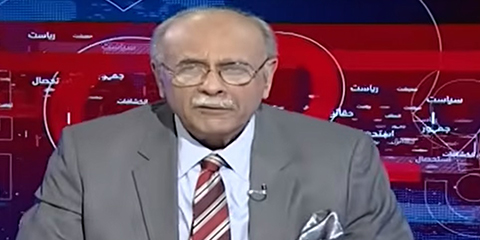Inam Aziz (-1993

Inam Aziz was one of Pakistan’s best known journalists who began his long career in the profession with an Urdu daily in Lahore soon after independence. He worked in Peshawar for another newspaper and ultimately moved to Karachi where he rose to become the news editor of Jang.
From print journalism, he went into broadcasting in the 1960s and worked for BBC’s Urdu service for several years.
During the dark days of General Ziaul Haq’s rule, Inam Aziz’s Urdu daily Millat was the lone voice of dissent at home and abroad. He lost both his money and health in that fight but he occupies a place of honor in the history of Pakistani journalism for his life-long opposition to military rule and his struggle for the establishment of representative government.
His book ‘Stop Press – A life in Journalism’ was translated into English by another renowned journalist Khalid Hasan.
Inam Aziz passed away in 1993.
Source: Stop Press - A life in Journalism
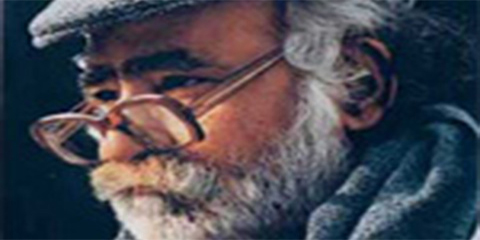
Zafar Iqbal Mirza
In the preface of Last Man, a compilation of his columns, Zafar Iqbal Mirza remembers his more than 42 years in journalism as "well and truly through the mill." His Lahori columns are a window
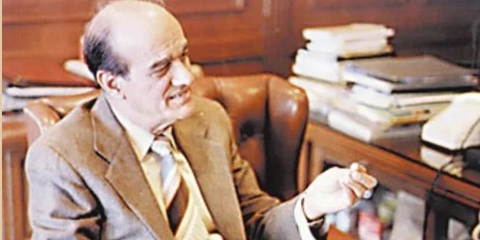
Mir Khalil-ur-Rahman (1927-1992)
Mir Khalil-ur-Rahman was the Founder and Editor of the Jang Group of Newspapers.. A self-made newspaper magnate he ranks among the most successful newspaper entrepreneurs in Asia.
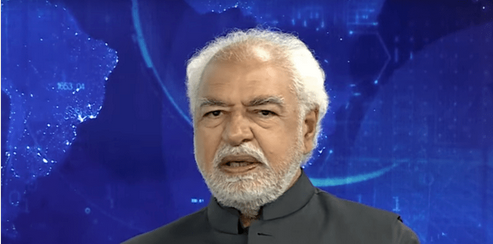
Ayaz Amir
A prominent print and television journalist, columnist, political analyst, and commentator, Ayaz Amir became known for his weekly columns in Daily Dawn. He started writing for Dawn during the government of Ziaul Haq
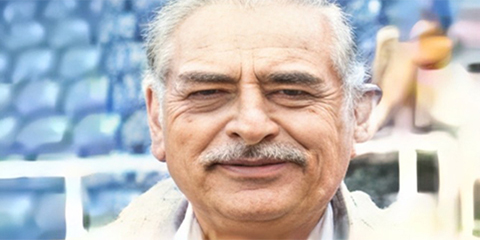
Farooq Mazhar
Farooq Mazhar was Pakistan's most prominent sports journalist, television commentator and former Editor of The News. He died on April 28, 2001 in Bahrain enroute to America after a short illness.

Muhammad Ziauddin (1938-2021)
Muhammad Ziauddin, renowned as a capable and fiercely independent journalist, left a lasting legacy spanning over five decades. Known respectfully as Ziauddin Sahab, he was regarded as one of the last legendary journalists in Pakistan.

Mushahid Hussain Sayed
Mushahid Hussain Sayed has the distinction of becoming the youngest editor of a national English daily The Muslim (now defunct). He achieved this honor at the age of 29 in 1982.

Maulana Zafar Ali Khan (1873-1956)
Writer, journalist and politician, Maulana Zafar Ali Khan belonged to a learned family of Karamabad district, Gujranwala, Punjab. He received his early education in Wazirabad and Patiala.
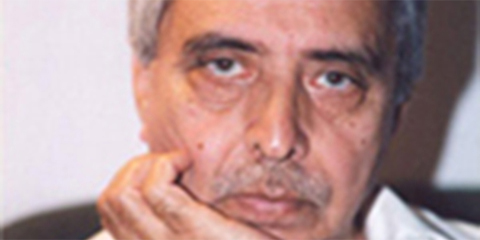
Khalid Hasan (1935-2009)
Khalid Hasan was a senior Pakistani journalist and writer. He was born in Srinagar, Kashmir. He was the brother in law of the first elected president of Azad Jammu & Kashmir K H Khurshid, private secretary
Newsroom

Japan anti-espionage law plan raises media freedom fears
December 14, 2025 Japan plans fast-track anti-espionage and secrecy laws, prompting warnings from legal experts and press advocates that broad rules could chill journalism and weaken source protection.

Washington Post AI podcast sparks accuracy concerns
December 13, 2025 Washington Post launches an AI-personalized podcast that permits user customization but faces staff and industry criticism over accuracy mistakes and journalistic integrity in early rollout.

Pope warns Italian intelligence against smearing journalists
December 13, 2025 Pope Francis warns Italian intelligence to avoid smearing journalists and respect confidentiality, amid concerns over spyware, leaks, and surveillance targeting reporters and rights defenders.

Trial of Meydan TV journalists opens in Baku
December 13, 2025 Trial proceedings against Meydan TV journalists have opened in Baku, raising concerns among press freedom groups about pressure on independent and foreign-funded media outlets.

China charges journalist Du Bin under public order offense
December 13, 2025 China has formally charged veteran journalist and documentary maker Du Bin with picking quarrels and provoking trouble, a public order offense critics say is used to silence media.





